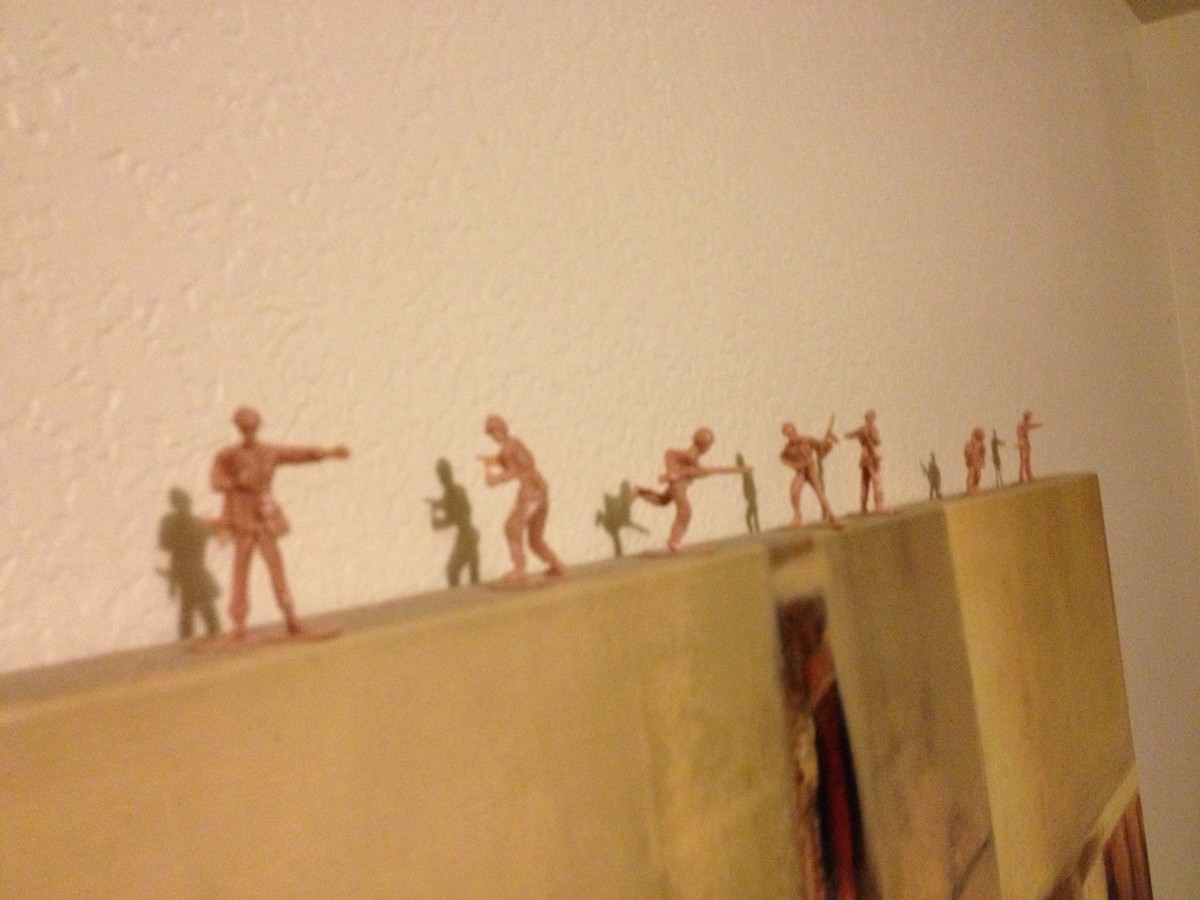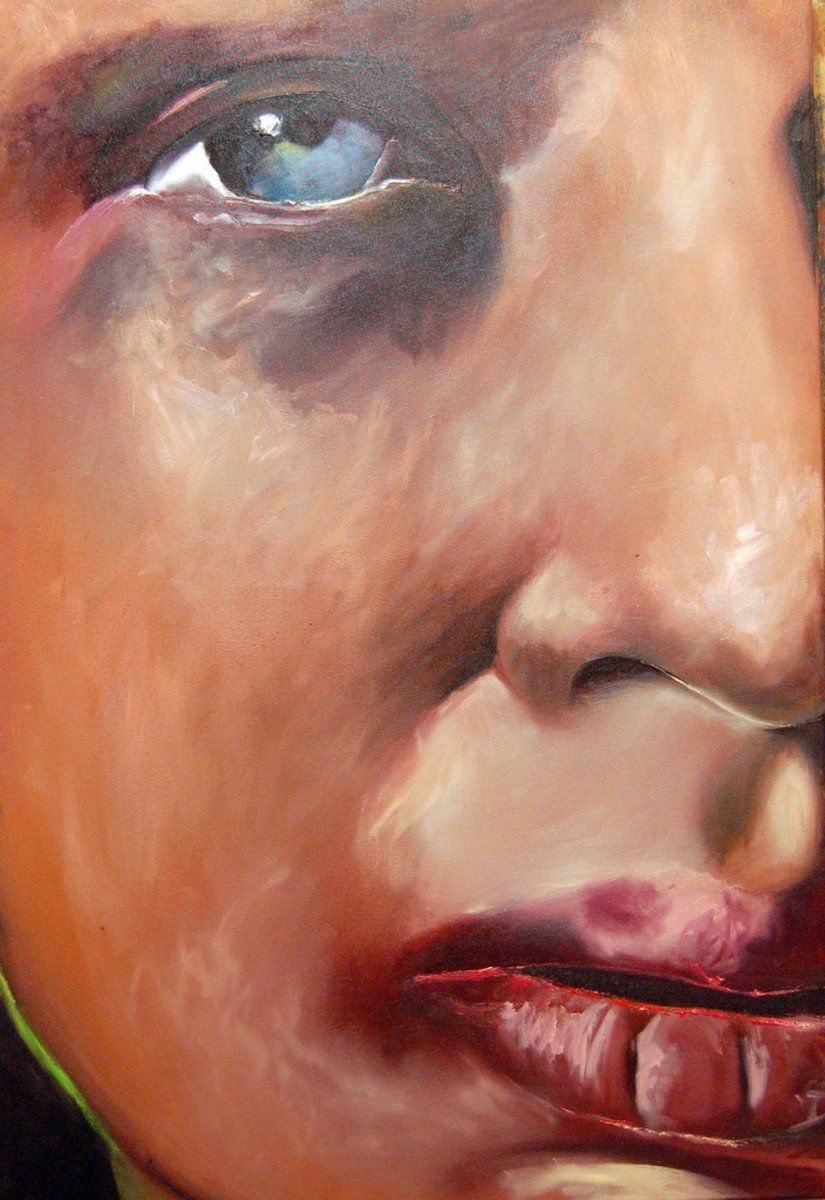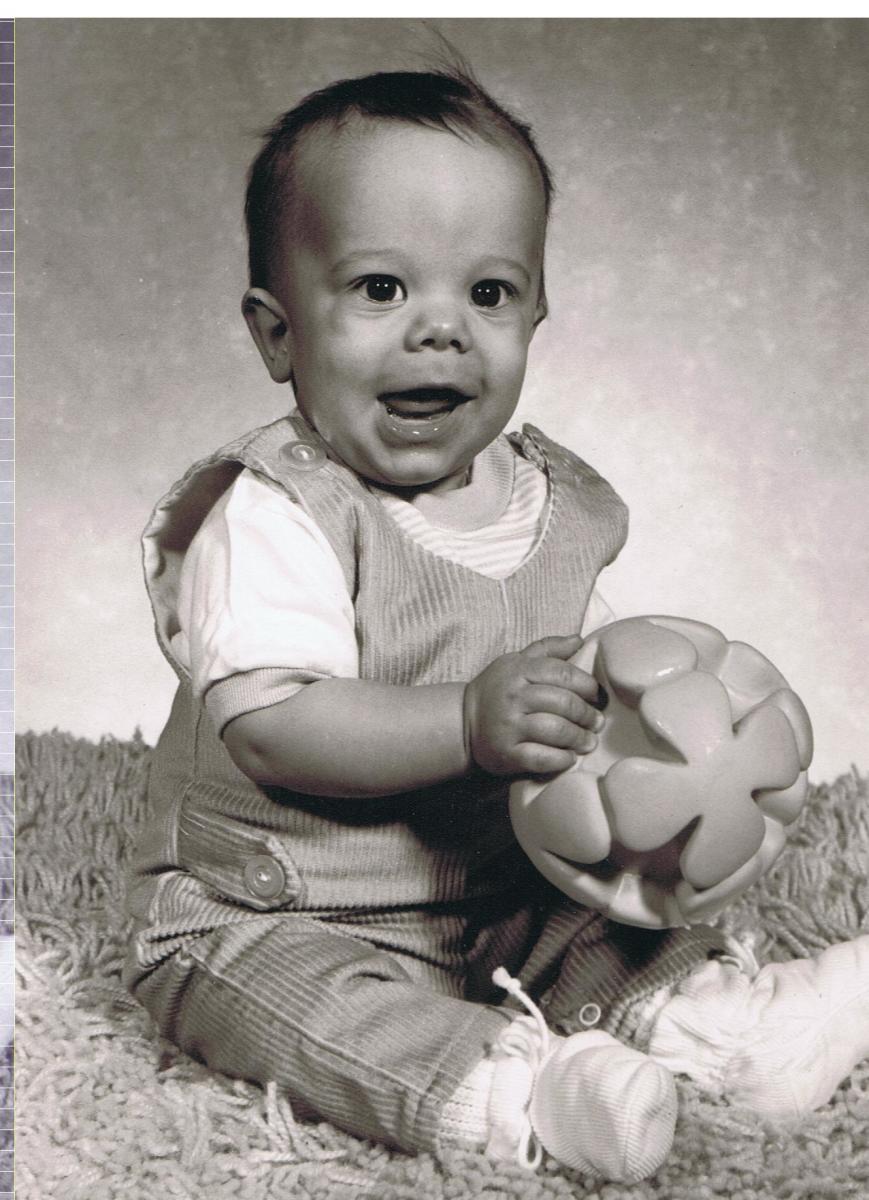How to deal with Your Loved One Who has PTSD
What it is.
Post-traumatic stress disorder (PTSD) is a mental health condition that is triggered by a traumatic event that can be instantaneous, or it can be delayed up to three months. People of all ages can get PTSD. Symptoms may include flashbacks, memory loss, nightmares, and severe anxiety as well as continuous thoughts about the the event.
Past Issues Need to be Resolved
Severe anxiety, memory problems, trouble sleeping may increase when a person with PTSD visits a sick loved one, and knows they are going to lose them. Overwhelming guilt and shame sometimes attacks the loved one of the terminally ill person who has unresolved issues with that dying parent. This is why it is so important to forgive those that have wronged us. If we hold unforgiveness and bitterness in our hearts, it manifests in our physical and our spiritual bodies preventing us from living a productive, healthy and happy life.

Triggers
Post Traumatic Stress Disorder is usually associated with military veterans. It is also known as "shell shock, battle fatigue or combat stress". The most common events that trigger PTSD are combat exposure, rape,childhood neglect, physical abuse, sexual molestation, physical attack, being threatened with a weapon. Other traumatic events can lead to PTSD including fire, natural disaster, mugging, robbery, assault, civil conflict, car accident, plane crash, torture, kidnapping, life-threatening medical diagnosis, terrorist attack and other life-threatening events. When intrusive memories occur, flashbacks and nightmares of reliving the terrifying event for minutes or days at a time can occur.

When A loved One succumbs to PTSD
One of my siblings was recently diagnosed with PTSD, having suffered depression for many years she suffered devastating memory loss at the death of our mother. Upon examination by the doctor we were told that depression so intense that it lasts for an extended period of time can actually cause memory loss. Childhood abuse that is not dealt with, adds to the traumatic event. The mind battles to accept the impending death of a parent, but intrusive memories, anxiety,guilt, shame, insomnia, intense fear, helplessness can all work together to create psychotic breakdowns. PTSD reinforces the grounds for memory loss.

Be Practical and Write Down Everything
While you are receiving treatment for your memory loss it can be helpful to write down directions of places that you need to go. Where you live, and places you frequent, doctors appointments, friends, and family.
In your address book, if you don't recognize anyone in it, ask a friend, or relative to ask who each person is and write down their relationship to you.
When a person has a memory loss due to PTSD, be supportive in helping them get their memory back, they may ask you lots of questions. Be patient and loving while they try to remember memories that seem to elude them. They are there, just locked away.
How to defeat Depression
- How to Defeat Depression
Depression affects nearly 19 million Americans, and more than one million Canadians a year. It affects more women than men and is the leading cause of suicides.








